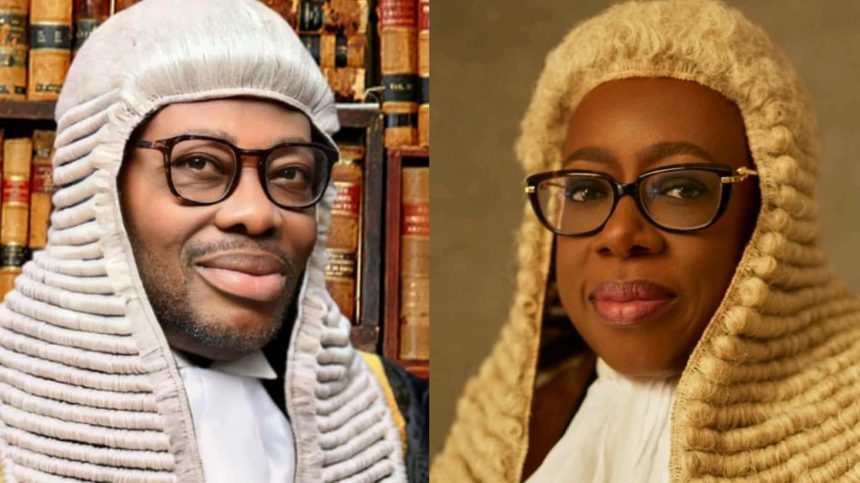Dispelling the Myth of Equal Division in Matrimonial Property Settlement: A Reaffirmation of Legal Principles in Aguolu v. Aguolu (2025) LPELR-80269 (CA)
By Monday Ubani
I consider myself privileged to have completed an advanced course on the Matrimonial Causes Act at Babcock University in 2024, under the esteemed instruction of Prof. Dorcas Odunaike, one of the nation’s foremost authorities on marital jurisprudence.
Against this backdrop, I wholeheartedly endorse the reasoning and outcome of the Court of Appeal’s decision in Aguolu v. Aguolu (2025) LPELR-80269(CA). That decision is not only doctrinally sound but also consistent with established judicial precedents and the current state of Nigerian matrimonial law.
1. Legal Framework: Section 72 of the Matrimonial Causes Act
Section 72 of the Matrimonial Causes Act empowers the court, upon the dissolution of a marriage, to make such property adjustment orders as it considers just and equitable. In exercising this discretion, the court is to be guided by:
The financial and non-financial contributions of the parties,
The needs and welfare of any children of the marriage,
And all other relevant circumstances.
Nowhere in the MCA is there a provision that mandates an automatic or equal division of matrimonial property. Rather, the law vests the court with the discretion to reach a just outcome, based not on marital status alone, but on the demonstrable contributions (tangible or intangible) of each party to the marriage.
2. The Fallacy of 50:50 Presumption in Nigerian Law
Contrary to popular public sentiment and some misleading commentary, the Supreme Court of Nigeria has never established a principle of ipso facto equal division of matrimonial assets upon divorce. Indeed, the apex court has consistently emphasized that such divisions must be anchored on equity, not equality, and must be justified by evidence of contribution.
While some High Court decisions, such as Oghoyone v. Oghoyone (2010), have sparked public debate by referencing 50:50 sharing, these are not binding authorities and are often misinterpreted or cited out of context. The Nigerian judiciary, including the Court of Appeal and the Supreme Court, has not adopted a fixed formula for asset division akin to what exists in advanced regimes or under the UK’s Matrimonial Causes Act 1973.
3. Clarification of Nigerian Judicial Approach
The Nigerian approach remains firmly rooted in discretionary, equity-based adjudication. Each case is evaluated on its merits, and courts are tasked with determining a fair outcome based on the specific facts before them.
This judicial posture reflects a rejection of the so-called “equality myth” imported from foreign jurisdictions. While Nigerian courts are increasingly mindful of gender equity and the economic realities of homemaking, they have stopped short of introducing a legal fiction of automatic parity in asset division.
4. Conclusion: A Well-Reasoned and Legally Sustainable Judgment
The Court of Appeal’s judgment in Aguolu v. Aguolu is a reaffirmation of the proper legal standard in Nigeria:
Mere marriage does not confer automatic entitlement to equal share of property.
Contribution, whether financial, emotional, or homemaking must be proven.
Judicial discretion remains paramount, guided by fairness and justice.
Any suggestion that marital status alone justifies equal property sharing is not only legally unsound but potentially misleading to litigants and the public.
One must caution against efforts to further escalate this settled legal principle to the Supreme Court without just cause. Frivolous appeals of this nature waste judicial time and could verge on professional misconduct if driven by misapprehensions or ill-informed advocacy.
Let us uphold the clarity and equity of Section 72 MCA and continue to educate litigants and lawyers alike on the principles that guide our family law jurisprudence.
- Dr. Monday Ubani SAN is a litigator and human rights activist
- The information in this blog-post is provided for general informational purposes only and should not be construed as legal advice. Please consult a Legal Practitioner for advice on the subject.


Leave a Reply
You must be logged in to post a comment.